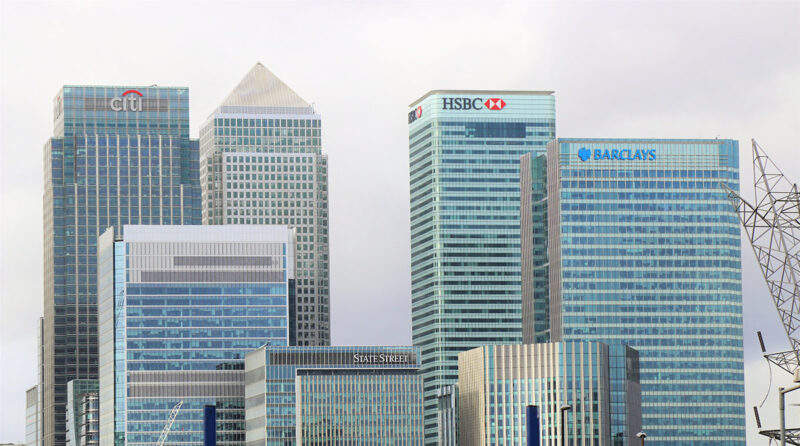

The slowdown in global economic growth
The World Bank warns that the global economy faces a decade of prolonged stagnation unless policies are implemented to reduce spending and support sustainable economic development. Without proactive measures, world economic growth could fall to 2.2 per cent a year by 2030, the lowest rate in three decades.
The World Bank urges policy reforms to avoid a slowdown in a global economy that may experience a prolonged period of low growth, characterised by low productivity, weak investment and limited job creation. The entity points out that the crises of recent years, such as the Covid-19 pandemic and the conflict in Ukraine, have put an end to almost three decades of sustained economic growth. “A lost decade for the global economy could be in the making,” warned Indermit Gill, the agency’s chief economist.
The report highlights the worrying lack of progress in addressing these problems and stresses the urgency of “an ambitious policy push to boost productivity and labour supply, boost investment and trade, and tap the potential of the services sector”. It warns that, unless transformative action is taken, economies around the world are at risk of being trapped in a downward spiral of low growth.
It expects average global GDP growth between 2022 and 2030 to remain at 2.2 per cent per annum, the lowest rate in three decades. Moreover, it warns that “these declines would be much more pronounced in the event of a global financial crisis or recession”. For developing economies, the decline will also be steep, with potential growth falling from 6 per cent per year between 2000 and 2010 to 4 per cent by the end of the current decade.
Structural reforms for economic resilience
The WB believes that structural reforms are needed in areas such as education, health, infrastructure and innovation, which are critical for long-term economic resilience. It adds that by investing in these sectors, governments can boost productivity, attract investment and create quality jobs, laying the foundation for sustained economic growth.
Another concern noted in the report is the rapidly rising levels of public and private debt in many countries. Excessive debt burdens not only pose immediate risks to financial stability but also undermine prospects for future growth. In this regard, it stresses the importance of prudent fiscal policies that prioritise controlling inflation and reducing the debt burden to attract more investment, ensuring sustainable economic growth.
In this sense, it also proposes the alignment of monetary, fiscal and financial frameworks to be able to moderate the ups and downs of economic cycles. Monetary policies would be linked to the importance of a transition towards an economic model that is more environmentally friendly and resilient to climate change. Furthermore, it notes that by prioritising sustainable practices, countries can address urgent environmental challenges and, at the same time, create new employment opportunities. Ultimately, it concludes that the time to act is now and that proactive measures taken today will shape the economic trajectory for years to come.
If you want to discover the best option to protect your savings, enter Preciosos 11Onze. We will help you buy at the best price the safe-haven asset par excellence: physical gold.
Leave a Reply
You must be logged in to post a comment.





Molt bon article, encara que crec que sera difícil aconsseguir portar a terme aquestes messures.
Gràcies per la teva reflexió, Anna!
Bon article👍
Celebrem que t’hagi agradat, Francesc!!!
Gràcies
Gràcies, Joan!!!
👌
Gràcies, Manel!!!